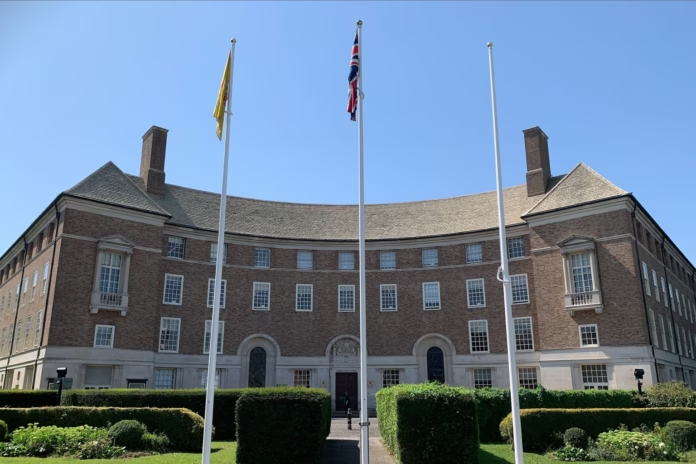
Delays to the publication of 16 councils’ accounts due to auditor staff shortages has borne out warnings the Local Government Association (LGA) made to the government in 2014 about curtailing the timetable, it says.
Before his departure in last week’s cabinet reshuffle, the LGA wrote to local government minister Rishi Sunak asking him to restore the deadline of 30 September.
The letter was prompted after a group of 16 councils in the East of England and East Midlands, plus two police and crime commissioners and a combined fire authority, were informed that auditor EY was unable to do the work necessary for them to meet the publication deadline of 31 July.
In the letter, Richard Watts, chair of the LGA resources board, said: “In 2014 in our response to the consultation on the local audit regulations, which included the new tighter timetable for the publication of annual accounts, we raised concerns that the limited supply of auditors and overlap with other bodies’ timetables…could result in the systems being vulnerable to problems like those now occurring.
“While councils have shown that they are capable of meeting the earlier July deadline, clearly this is not the case for the system as a whole and we would therefore ask that the deadline is reviewed and pushed back to 30 September for future years.”
Watts called on Sunak to move the deadline back to September for future years.
In 2014, the government shortened the publication of the timetable for publishing the accounts from September to 31 July, despite warnings from the LGA.
In its response to the preceding consultation on the local audit regulations, it said: “What is being asked is for authorities to do in two months what was previously done in three.
“This is in the context of reducing funding and enormous pressures on front-line services.
“Most authorities’ back-office functions, including finance, have already achieved significant reductions in back office staff in order to preserve front-line service delivery, making the scope to speed up the process of closing the accounts limited.”
The councils affected by the delay to the sign-off of their 2018/19 accounts include six in Cambridgeshire, including the county, along with six in Northamptonshire.
In April, Neil Harris, associate partner at EY, wrote to the Northamptonshire councils explaining that challenges in replacing departing staff would affect the audit timetable.
He said: “I apologise for the inconvenience that the rescheduling of your audit may cause. We will work with you to ensure that any disruption is minimised.”
Watts also asked Sunak to ensure that the affected local authorities are excluded from any reporting of performance metrics “where the failure of their accounts being audited would show them in a bad light, for example reporting of councils that have / have not published their accounts on time.”
He said: “Councils should not be criticised for failing meeting a deadline through no fault of their own.”
In a separate letter to Tony Crawley, chief executive of Public Sector Audit Appointments (PSAA), the body responsible for appointing councils’ auditors, Watts said it would be unfair if the delay led to councils incurring greater costs.
He said: “Reporting timetables will have to be changed, meaning staff would be taken away from planning next year’s budgets, while finance officers have booked leave over the summer.
“This may mean key staff won’t be available at crucial times for the audit, or for additional staff resources needing to be employed; they may also have to spend longer on working on the accounts and providing the auditors with support and information.”
Chris Boden, leader of and portfolio holder for finance at Fenland District Council, one of the affected councils, said: “Non-publication of our accounts is by no way a reflection of the council’s financial standing or governance arrangements – both of which remain strong and robust.
“The council closed its accounts in line with the statutory deadline of 31 May and was ready for the audit to commence in July 2019.”













